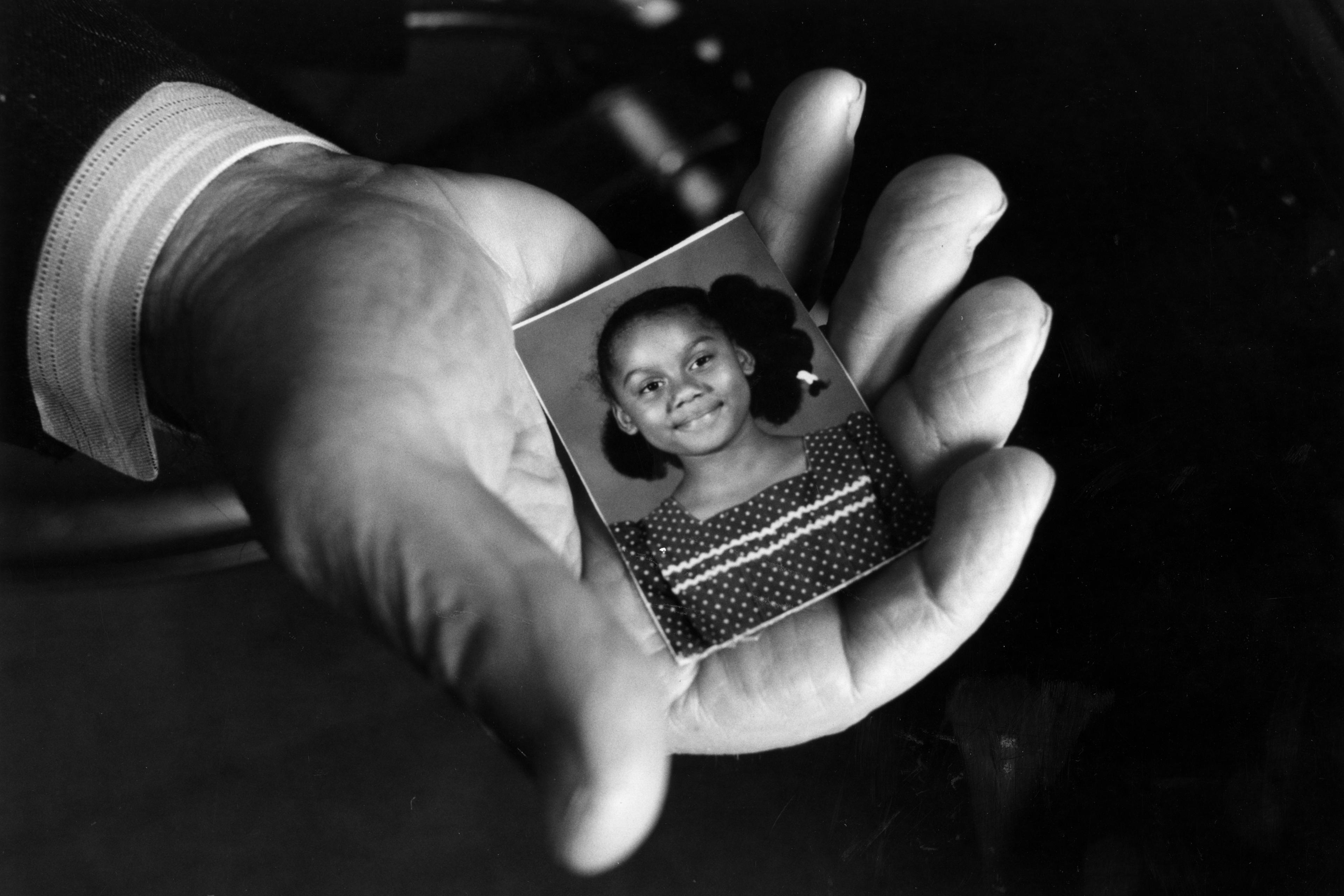It’s tempting to think that we’re obliged to improve some areas of our personality, while other aspects of who we are are less malleable but more morally neutral. Maybe we should all try to become more compassionate or honest or forgiving, but there’s no comparable moral demand for shy people to become extraverted, or for excitable people to be more placid.
This line of thinking exploits a divide between what we might call ‘character’ traits, such as compassion, and basic ‘personality’ traits, such as shyness. The division is reflected in psychological research, where the study of personality throughout the 20th century deliberately focused on supposedly non-moral features of the self. Many psychologists today continue to think that the so-called Big Five – conscientiousness, agreeableness, openness, extraversion, and emotional stability, which form the backbone of the leading approach to the study of personality – are neither good nor bad. (Emotional stability was originally called neuroticism, and scored negatively.) Research suggests that these five features can effectively categorise people the world over.
On the other hand, some traits are more clearly morally loaded. Beginning in the late 1990s, the positive psychology movement focused attention on traditional virtues such as kindness and forgiveness as a way of compensating for their absence in other studies. You tend to get the impression that in psychology the study of basic personality is one thing, while the study of character traits is quite another.
Researchers commonly point to two main differences between personality and character to explain the difference in their moral complexion. The first is that character traits, unlike personality, must be developed through effort, so each person is responsible for developing the character they have. If you’re honest, you deserve credit for becoming that way through effort – but if you’re unforgiving, you’re blameworthy for failing to be otherwise. By contrast, personality is perceived as largely inherited and passive. The idea is that, while character change might be feasible, personality change is not. So even if personality change were morally important or desirable, there just isn’t much you can do about it.
However, the new but growing field of ‘volitional personality change’ casts doubt on this supposed difference between personality and character. Researchers have found that whether peoples’ personalities change, and the extent to which they do, is influenced by whether they want to change and whether they take active steps towards transformation.
One group of researchers led by the psychologist Nathan Hudson at Southern Methodist University began publishing studies in 2015 on whether having the goal to change one’s personality was related to actual changes in personality. Last year they published a mega-analysis of 12 separate datasets they collected testing this idea. The results indicated that whether people have the goal of changing their personalities robustly predicts change in all of the Big Five traits.
Psychologists have also studied whether specific intentional interventions can make a difference to peoples’ personalities. A study published in 2021 provides the strongest evidence to date. Here, 1,523 participants were randomly assigned to a treatment group or a control group. The treatment group used a smartphone app that delivered ‘microinterventions’ that encouraged a personality change that the participant wanted – prompting them to form implementation (if-then) intentions, providing psychoeducational videos, and guiding participants to reflect on their progress. Not only did participants report an improvement, but the change was detectable to observers too, and it persisted for at least three months.
None of this implies that personality change is easy. But, then again, neither is character change. Perhaps in both cases there is something we can do to transform ourselves – if we want to.
The question is, should you want to change who you are? Even if personality change is feasible, it might not be desirable or morally important.
This leads us to a second supposed difference between personality and character. Character traits, unlike personality traits, supposedly reveal a person’s motives or values. A generous person, for instance, values acting for the benefit of others, while an honest person values telling the truth. Personality traits, by contrast, are meant to tell us about a person’s typical patterns of behaviour, not about what motivates that behaviour. Extraverts are more likely to attend a party, but this doesn’t tell us what those people care about.
Given this difference, changing your character involves changing your values, and in this way can make you a better (or worse) person. But changing your personality doesn’t involve changing your values – just your behaviours. So maybe personality change isn’t morally significant or desirable, even if character change is.
Yet even if it’s true that changing personality doesn’t make you a better or worse person, it doesn’t follow that personality change is morally insignificant. Changes to the Big Five might still have instrumental moral value because of how they influence other outcomes. For example, personality differences can predict many important life outcomes, including success in love and work, wellbeing, health and longevity. In fact, personality is as good a predictor of some of these as socioeconomic status or cognitive ability.
Moreover, personality traits are linked to character traits. For example, one recent study found that all 24 of the most widely studied virtues in positive psychology are significantly related to at least one facet measured by the Big Five. Personality traits might serve as a kind of psychological foundation that can either facilitate or hinder the development of virtue. In these ways, then, trying to change one’s personality might be morally important, even if only instrumentally so.
We might make an even stronger point. Several distinct approaches to personality psychology have recently started to emphasise that traits involve values or motives. The explanation for why people differ in behaviours that reflect extraversion or conscientiousness, for example, might have to do with differences in their underlying psychological features, including what they care about.
The connection between goals and personality traits was recently put to the test. In one study, researchers found that differences in goals predicted 74 per cent of the variation in their everyday behaviours associated with extraversion. In another study, researchers found that this link wasn’t just correlational: differences in goals cause differences in personality-relevant behaviours. To show this, participants were asked to adopt goals related to either conscientiousness or extraversion for a short period of time, to go about their daily lives, and then return to the lab. It turned out that the goals the participants adopted were able to predict whether they displayed behaviours that reflected conscientiousness or extraversion.
Together, this research confirms the idea that personality traits are partly constituted by the goals one has. People who care more about values such as fitting in or having fun are more likely to be extraverted; people who care about using time effectively or getting tasks done are likely to be conscientious. If these ideas are correct, they pour cold water on a key purported difference between personality and character. Personality traits, like character traits, do reflect a person’s motives or values. Personality change, where it involves change in these values, might be valuable in its own right, and not just because it influences other things of moral value.
Interestingly, research has found that most people do want to change their Big Five traits – even if they didn’t realise it. They tend to want to become more conscientious, agreeable, extraverted, open and emotionally stable. Moreover, people also do tend to change in their Big Five traits modestly throughout their life. What the research reported above suggests, however, is that change can be achieved more rapidly and intentionally than previously believed, and that it potentially involves deep change – change to what a person cares about.
As we continue to explore which motivations underlie certain personality traits, and as we learn more about what it takes to change personality, opportunities for personality improvement are in the offing. For now, one simple step is to revise our thinking: we might be better off giving up on the myth of morally neutral, immovable personality. And by changing our thinking about personality, we might change our ability to change.








